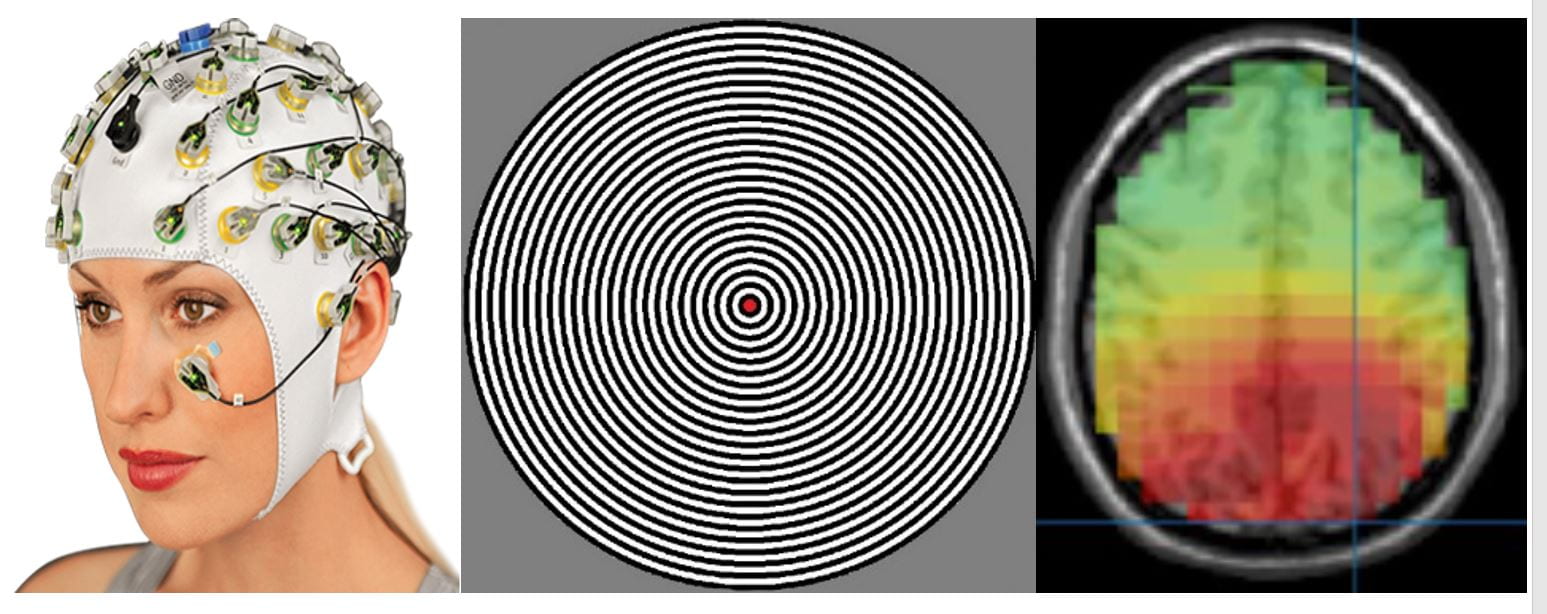Investigating why the menstrual cycle increases seizures for many women with epilepsy
For many women with epilepsy, their menstrual cycle will change their seizures. Around 40% will experience more than twice as many seizures as they usually would in the days around specific phases of their menstrual cycle. This increase is usually when major changes in hormones are known to be occurring. The increase in seizures is called catamenial epilepsy.
While there are three subtypes of catamenial epilepsy, the most common is the perimenstrual subtype. It accounts for around 70% of cases, and occurs in the +/-3 days around the onset of menstruation. A leading theory on the cause of perimenstrual catamenial epilepsy (PCE) is naturally occurring rapid withdrawal from the seizure-protective neurosteroid hormone allopregnanolone during the perimenstrual phase. Allopregnanolone enhances inhibition in the brain, similarly to most seizure abortive medications, via the GABA system (the brain’s major inhibitory system). However, a major barrier to understanding and treating PCE has been an historical lack of suitably sensitive, non-invasive measures of endogenous GABA changes in humans. Advancing the identification and development of effective therapies for PCE requires studying the mechanisms in affected women.
The aim of this project is to study how menstrual cycle related changes in hormone levels affect the human female brain, with a specific focus on the mechanisms that may be changing the likelihood of a women with epilepsy having a seizure.
This project will use electroencephalography (EEG), computational modelling and blood sampling. The selected methods have demonstrated sensitivity to changes in the function of the major excitatory and inhibitory brain systems thought to underlie PCE. The investigation will be carried out in three cohorts: (1) women without epilepsy, (2) women with epilepsy but without PCE, and (3) women with PCE.
Principal Investigator: Dr Rachael Sumner
PI Contact email: r.sumner@auckland.ac.nz
PI University of Auckland homepage URL: https://unidirectory.auckland.ac.nz/profile/r-sumner
Collaborators: Dr Peter Bergin (ADHB Neurology), Dr Cynthia Sharpe (Starship Neurology), Khalid Hamandi (Cardiff University), and Professor Paul Hofman (Liggins Institute).
Status: Ongoing
Funding: Neurological Foundation

